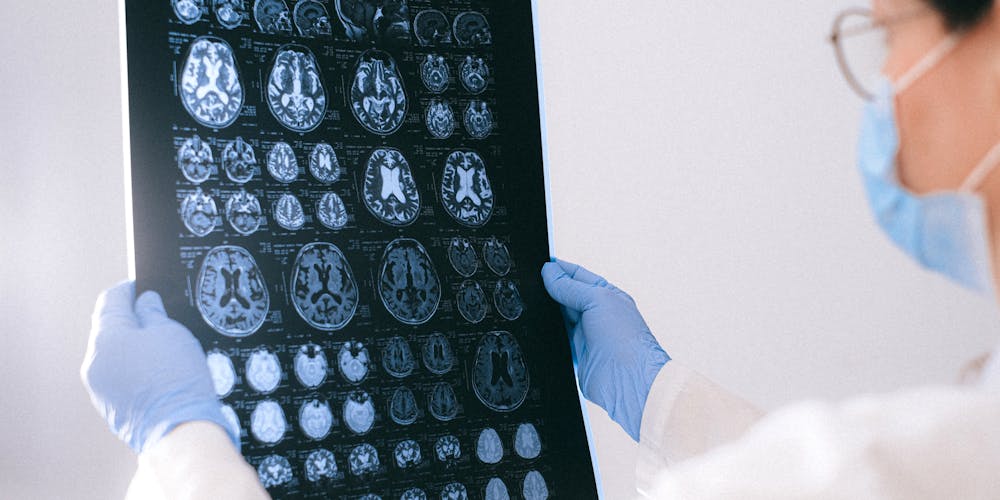A significant cybersecurity breach has rocked Consulting Radiologists Ltd. (CRL), a specialty radiology practice based in Eden Prairie, Minnesota, affecting approximately 512,000 people. This breach, noteworthy for its scale and the sensitive nature of the compromised information, stands as one of several recent major data breaches reported by radiology practices to regulatory bodies.
Details of the Breach
CRL, known for providing teleradiology-based interpretation services to over 100 healthcare facilities in Minnesota and surrounding regions, detected the breach in February 2024. The unauthorized access exposed names, birthdates, addresses, health insurance details, and medical information. More alarmingly, some individuals also had their Social Security numbers or driver’s license numbers compromised, adding another layer of vulnerability to the affected parties.
Upon detection, CRL acted swiftly to secure its network and engaged a specialized cybersecurity firm to conduct a thorough investigation. The practice initiated a comprehensive data reconstruction effort to identify the affected individuals by mid-April 2024. As part of its remediation efforts, CRL is offering 12 months of complimentary identity and credit monitoring services to those impacted by the breach.
Radiology: A Prime Target for Cybercriminals
Cybersecurity experts believe that radiology practices are attractive targets for cybercriminals due to relatively weaker security measures compared to other sectors within healthcare. The high volume of sensitive health data and imaging further exacerbates these vulnerabilities. Radiology images, for instance, are particularly challenging to encrypt, making it easier for hackers to exploit these weaknesses. While financial gain often motivates these cybercriminals, there are instances where stolen data could be used for patient blackmail or other fraudulent activities.
Specialists urge radiology centers to adopt robust security measures, such as multifactor authentication, to protect systems containing sensitive data. However, the necessity for operational convenience sometimes leads to compromises in security, creating opportunities for attackers. Beyond the immediate financial and privacy concerns, patient safety is also at risk. An attack that manipulates medical results can directly impact patient care, making cybersecurity even more crucial in this sector.
Broader Implications and Similar Incidents
A review of similar incidents reveals that the CRL breach is not an isolated case. In 2024, other large-scale radiology data breaches were reported, including those affecting Eastern Radiologists Inc., with nearly 887,000 individuals impacted, and Yakima Valley Radiology, which disclosed a hack affecting over 235,000 individuals. These incidents highlight an alarming trend of increasing cyber threats targeting medical imaging providers.
Conclusion: The Need for Stronger Cybersecurity Measures
Consulting Radiologists Ltd. (CRL), a specialty radiology clinic located in Eden Prairie, Minnesota, has experienced a significant cybersecurity breach affecting an estimated 512,000 individuals. The breach, notable for both its size and the sensitive nature of the information compromised, highlights the increasing vulnerability of healthcare data in the digital age. This incident adds to a series of recent major data breaches reported by radiology practices to regulatory agencies, underscoring an alarming trend in the healthcare sector. Cybercriminals often target medical practices due to the valuable nature of the data they possess, such as patients’ personal information and medical histories. The aftermath of such breaches can have long-lasting repercussions, including identity theft and financial fraud. As healthcare providers, radiology practices must fortify their cybersecurity measures to protect both their patients and their operations. This breach at CRL serves as a stark reminder of the critical importance of robust data security practices in safeguarding sensitive health information.

